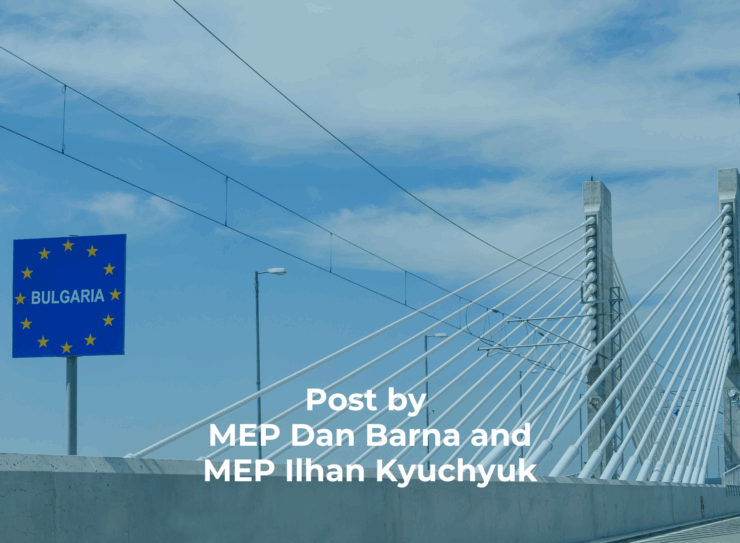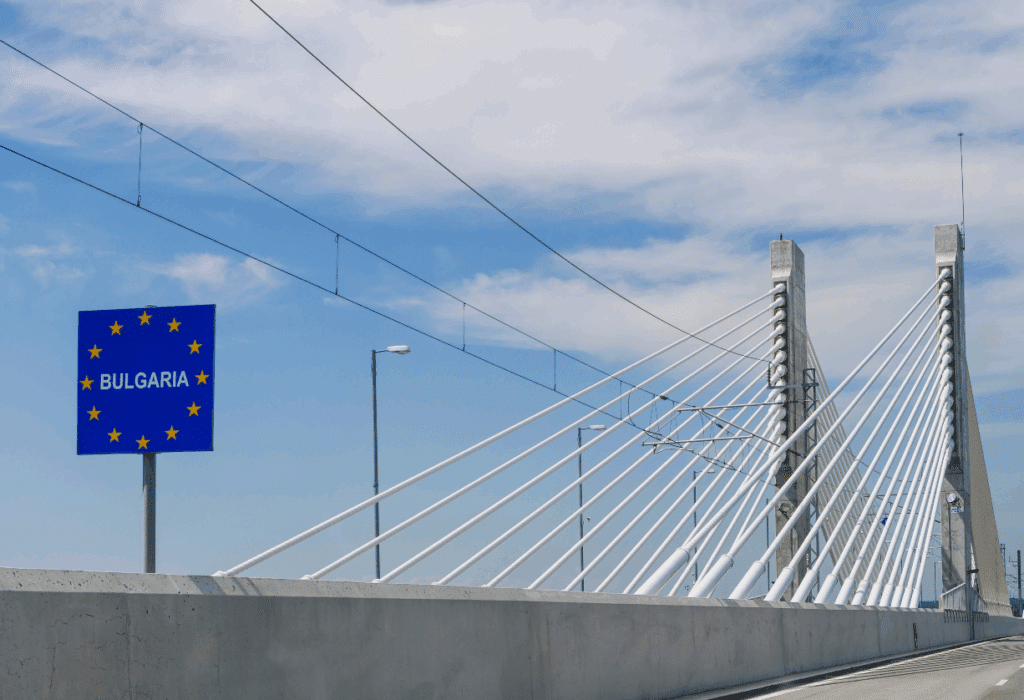16 June 2025
The Bulgarian and Romanian Journey: A Liberal Story of European Success – By MEP Dan Barna and MEP Ilhan Kyuchyuk
As the EU grapples with new enlargement rounds, including Ukraine and the Western Balkans, the experience of Bulgaria and Romania offers valuable lessons. It proves that with the right support and determination, integration can work—not just for Western Europe, but for the entire continent.

